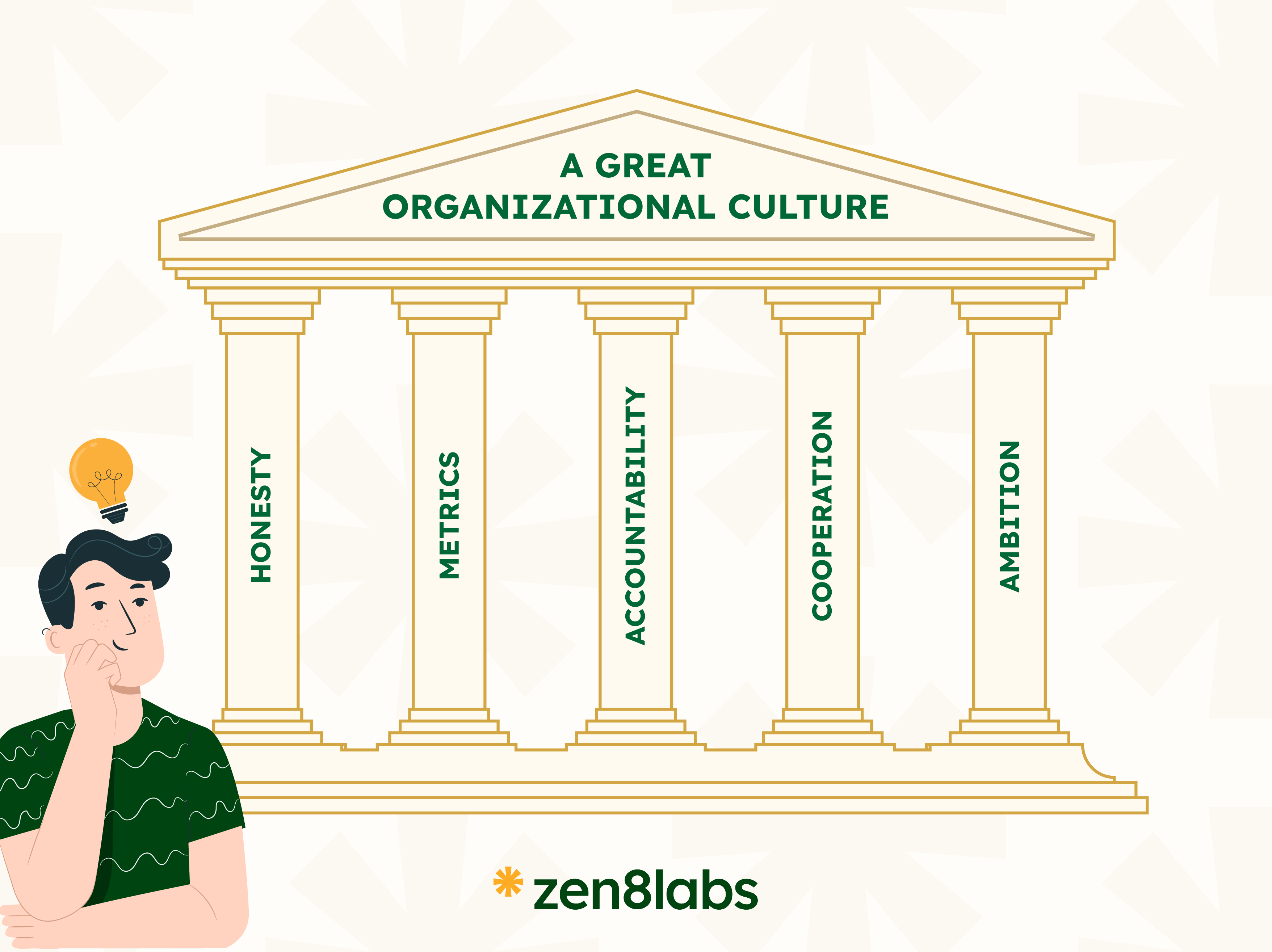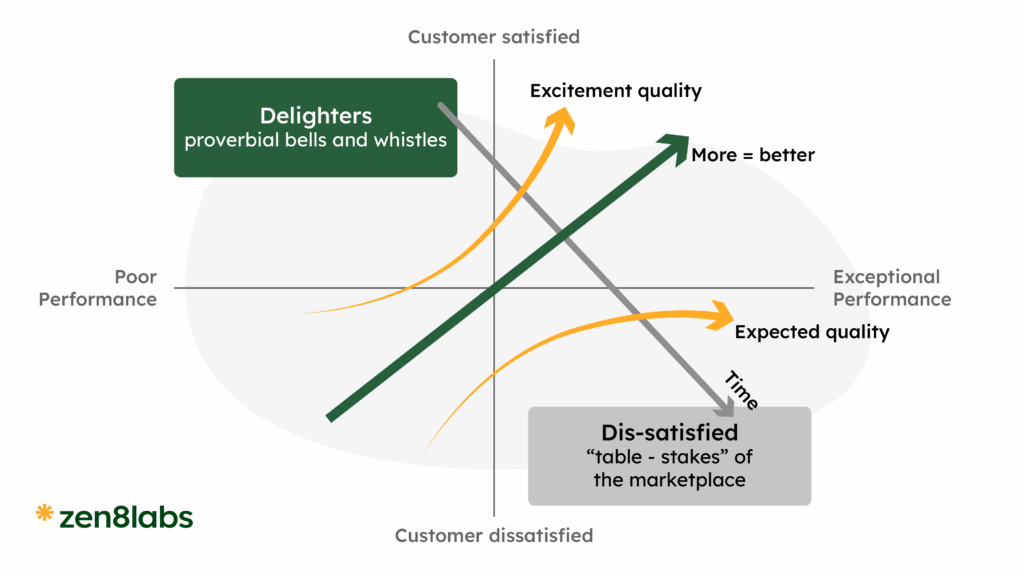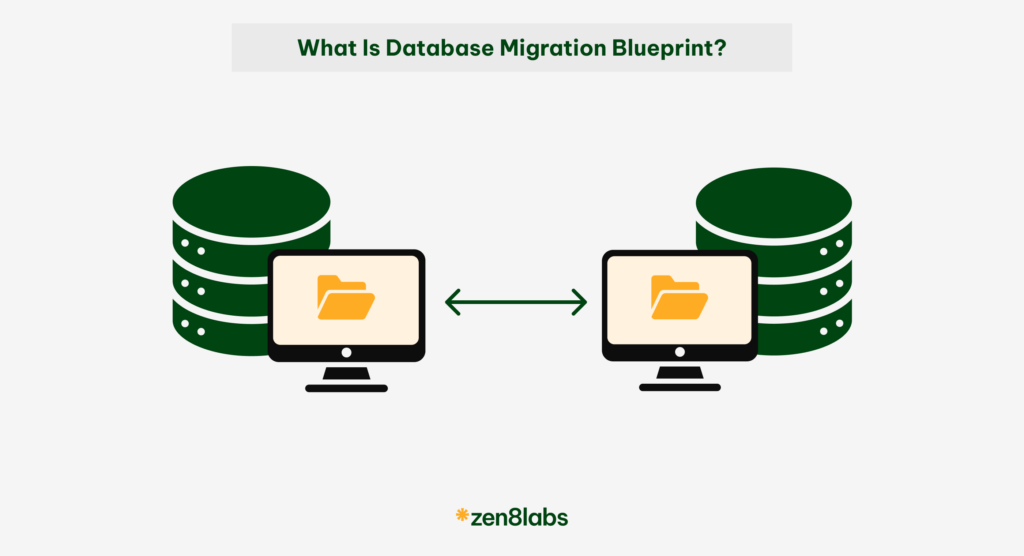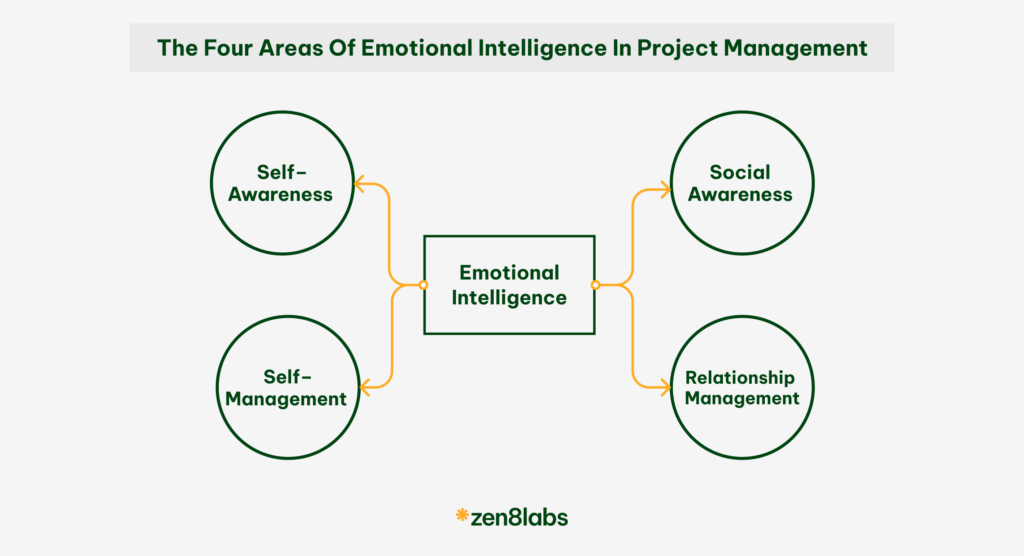
Peter Drucker’s famous adage, “Culture eats strategy for breakfast,” serves as a timeless reminder of the vital role that a strong culture plays in organizational success. With the dynamic of today’s business landscape, organizational culture has emerged as a critical factor in determining a company’s trajectory. But what exactly makes a great organizational culture?
In my blog, we take the time to explore five key pillars that form the foundation of a great organizational culture: honesty, metrics, accountability, cooperation, and ambition. It is time to burrow into each of these and examine how they interweave to create a thriving workplace environment.
1. Honesty: The foundation of trust and growth
Honesty in an organization goes far beyond simply telling the truth. It’s about creating an environment where open, transparent communication is not just encouraged but expected.
In my experience, teams that can honestly assess their shortcomings are better equipped to overcome them. This aligns perfectly with Jim Collins’ principle of “confronting the brutal facts.” Honesty creates a psychologically safe space where innovation can flourish and problems can be addressed proactively rather than reactively.
For instance, during a software implementation project for our healthcare client, we established a system of continuous feedback loops that included not just our team but also the client’s stakeholders. Every request and task were recorded in the system, with anything outside the task board being rejected. By championing an environment where everyone felt comfortable sharing unvarnished truths about what was and wasn’t working, we were able to navigate complex challenges and move forward swiftly.
2. Metrics: What gets measured, gets managed
Metrics provide clarity and objectivity, allowing organizations to track performance, progress, and areas of improvement. Without clear metrics, organizations operate in ambiguity and hence have no real understanding of whether they’re progressing or regressing.
A culture that emphasizes using metrics gives employees a sense of direction and purpose. It allows them to see the impact of their work in real terms, reinforcing their sense of contribution to the company’s goals. Metrics also help keep conversations grounded in facts rather than assumptions, which is essential for continuous improvement.
However, it’s crucial to use metrics wisely, especially in a tech startup environment where data can be a double-edged sword. With limited observations, we can’t use all the data to represent a problem. Instead, involve the team in defining a focused set of metrics that truly matter to your core objectives.
3. Accountability: Fostering ownership and trust
Accountability is most effective when it’s shared and intrinsic, rather than imposed from above. This concept resonates strongly with Drucker’s emphasis on the importance of ownership in work.
In a recent project, we divided our team into smaller, cross-functional team, each member responsible for a specific task within the larger backlogs/features. Instead of dictating targets, we allowed each group to set their own goals and determine how they’d measure success. The result was a greater sense of ownership and engagement. Team members weren’t just meeting deadlines; they were driven to exceed their own expectations.
Accountability also leads to higher trust. When people know that their colleagues will do what they say, collaboration becomes more seamless. Moreover, it’s important for leadership to hold themselves accountable, setting a standard for everyone else to follow.
4. Cooperation: The glue that holds teams together
Cooperation is essential for turning a group of talented individuals into a high-performing team. A culture of cooperation encourages people to help one another, share knowledge, and combine their strengths to solve problems.
Successful cooperation relies on open communication and mutual respect. When employees feel valued and know that their contributions matter, they’re more likely to cooperate and support their peers. Teams that cooperate well are also more innovative because they’re willing to embrace different perspectives and experiment with new ideas.
5. Ambition: The driving force for excellence
Ambition is the driving force behind every great organization. A culture that encourages ambition inspires people to stretch beyond their comfort zones, set bold goals, and constantly look for ways to improve. This doesn’t mean fostering a cutthroat, hyper-competitive environment; rather, it’s about nurturing a collective desire for excellence.
Ambition pushes organizations to challenge the status quo and explore new frontiers. It energizes teams and individuals, giving them the motivation to achieve not just what is expected, but what is truly exceptional. When ambition is ingrained in the culture, it becomes a shared mission to keep growing and succeeding.
Conclusion: Weaving the pillars together
These five pillars – honesty, metrics, accountability, cooperation, and ambition – are not isolated concepts but interconnected elements that reinforce each other. An honest culture facilitates more accurate metrics, which in turn promotes accountability. Cooperation amplifies individual and team performance, while shared ambition provides the drive to continually improve and innovate.
Creating a great organizational culture isn’t about implementing a set of rules or procedures. It’s about fostering an environment where these pillars can take root and flourish. It requires consistent effort, leadership by example, and a willingness to adapt as the organization evolves. Maybe your project requires a leading voice in the IT tech environment that offers top of the range consultancy, then zen8labs is whom you must speak too. Reach out to us and let’s start to create something awesome together.
Key Takeaways:
Improve Honesty:
Create a safe space for open dialogue by holding regular retrospectives where team members can voice concerns or share ideas without fear of repercussion. Acting on their feedback demonstrates that honesty is not only welcomed but leads to meaningful change.
Prioritize the Right Metrics:
Focus on metrics that genuinely drive progress and decision-making. Be ready to reevaluate and discard those that no longer serve a purpose, ensuring your data adds value rather than clutter.
Build Accountability
Empower teams to set their own goals and KPIs within the organization’s broader objectives. This instills ownership and aligns individual ambitions with the company’s direction, fostering a culture of accountability.
Promote Cooperation
Implement a “cross-sharing” program where team members spend a day each month working with a different department. This builds empathy and fosters a more cooperative culture.
Cultivate Ambition
Collaborate with your team to define a Big Goal that aligns with the company’s mission. Ensure it’s ambitious enough to inspire, yet realistic enough to keep morale high.
By focusing on these five pillars, organizations can build a culture that not only supports but accelerates their journey towards success. Remember, a great culture is not built overnight – it’s the result of consistent effort, clear communication, and a shared commitment to excellence.
Viet Nguyen, Head of Delivery


